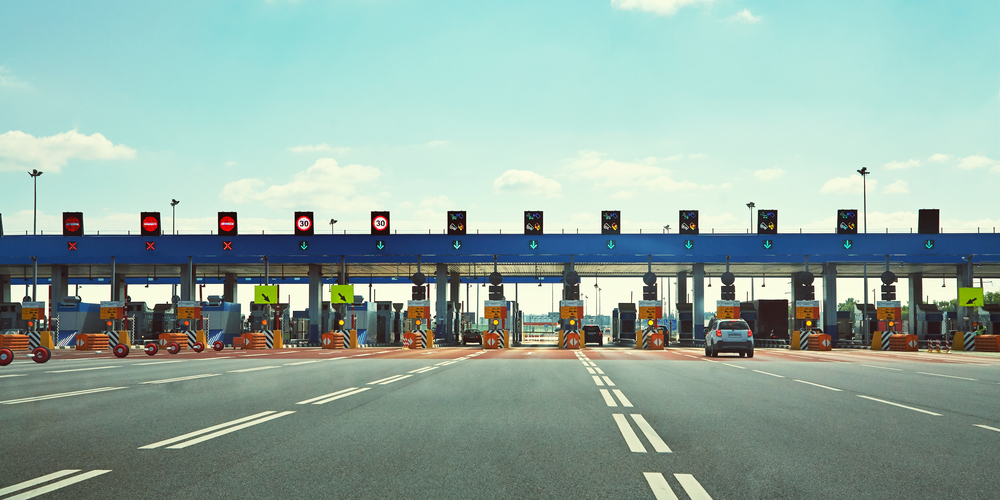
An Op-Ed taken out in the Hartford Business Journal last month marks the latest effort by the International Bridge, Tunnel & Turnpike Association (IBTTA) to support the Connecticut Legislature’s debate over the reintroduction of tolls.
Though they have been gone for several years, the possibility of tolls could affect some of the state’s highways. Thus far, the debate has mostly been split along party lines. The IBTTA — the global association for owners and operators of toll facilities and the businesses — wants to see the debate press forward regardless of partisan concerns.
To that end, IBTTA member HNTB Corporation turned to Carrie Rocha, vice president of its Connecticut office, to focus on the benefits tolls could provide.
“Across the nation, the need to find sustainable, reliable revenue solutions to these transportation challenges is recognized,” Rocha said. “Public opinion polls conducted by HNTB Corp. show 72 percent of Americans support tolls to fund transportation projects that can reduce time stuck in traffic. And 84 percent of Americans are willing to pay tolls, and more in taxes, if funds are guaranteed by law for use only toward transportation infrastructure spending.”
She also cited the figures the state is dealing with: residents drove an average 12,000 annual miles in 2013, with 87 percent of the state’s commuters using cars to get to work, rising traffic-related time losses, and a complete dependency of the state’s 730,000 full-time jobs on the state’s transportation infrastructure network. HNTB predicts as many as 60,000 new residents and 110,000 new employees shortly — adding extra pressure to an already strained system — and leaving the state to hit a $388 million transportation deficit by 2021-2022.
“Tolling provides infrastructure funding in 37 states, including all of Connecticut’s neighbors,” Rocha said. “Many of these states have found tolls can be sources of long-term revenue funding decades of maintenance and operations, system improvements and other critical transportation projects in growing metropolitan areas. Today’s tolling technology provides many advances including the automation of the toll collection process and eliminating the need to stop at a tollbooth, which facilitates traffic flow while lessening pollution from idling vehicles.”
Rocha’s argument has been backed by the launch of a “Grassroots Toll Kit” by the IBTTA, meant to help their members get involved in the tolling debate. They said such a move could solve funding concerns and improve overall mobility.